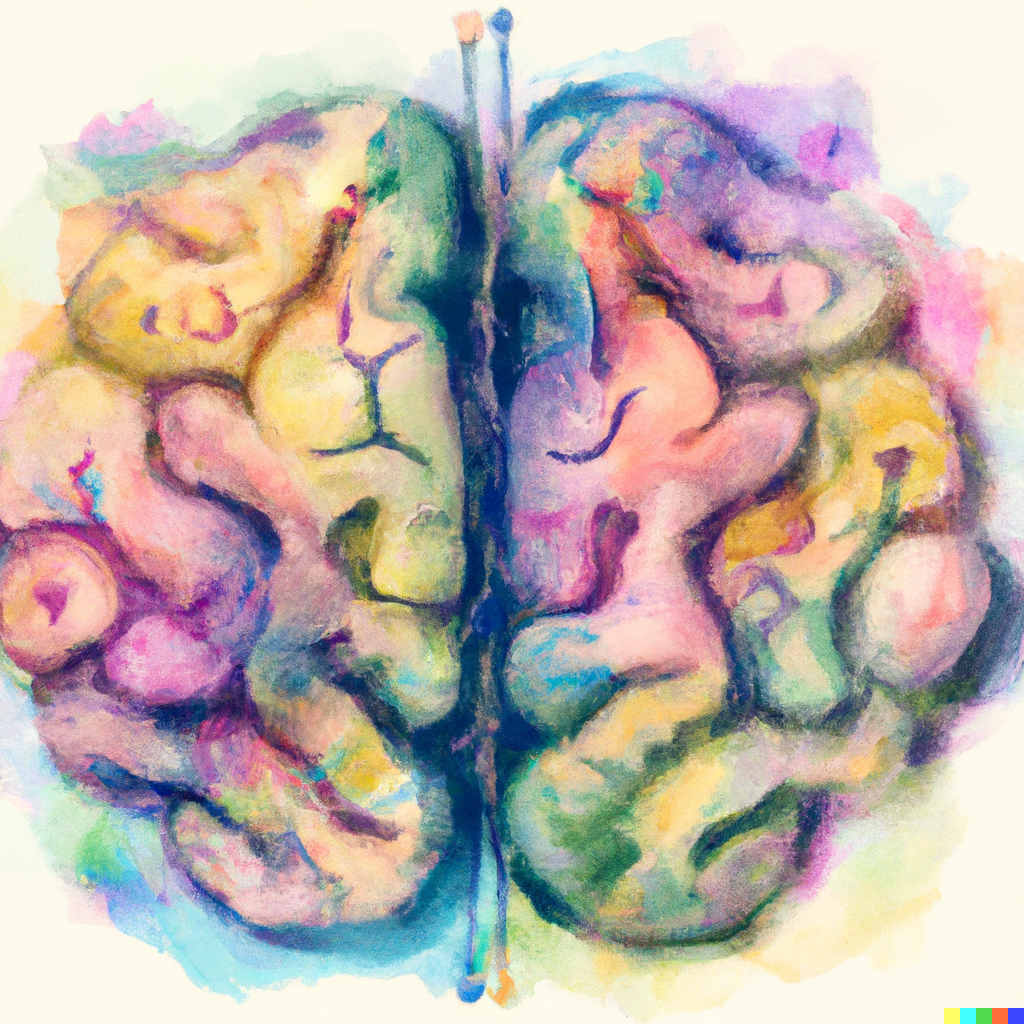If you’ve ever noticed that ordinary sounds—like a clock ticking, a door creaking, or someone chewing—suddenly feel unbearably loud or even painful during moments of anxiety, you’re not imagining things. This phenomenon is known as sound hypersensitivity, and anxiety plays a powerful role in amplifying it.
In this article, we’ll explore how anxiety affects the brain and nervous system, why it can heighten your sensitivity to noise, and what you can do to manage it.
What Is Sound Hypersensitivity?
Also referred to as hyperacusis, sound hypersensitivity occurs when your perception of everyday noises becomes intensified. Sounds that are typically easy to ignore may suddenly feel sharp, startling, or overwhelming. For individuals with anxiety, this sensitivity can lead to distress, avoidance behaviors, and heightened tension in social or noisy environments.
The Link Between Anxiety and Sensory Overload
Anxiety activates the body’s stress response, also known as the “fight or flight” mechanism. When this happens, your brain shifts into survival mode, scanning the environment for potential threats.
This shift affects your senses—including hearing.
Here’s how:
- The amygdala, the brain’s fear center, becomes hyperactive.
- It signals the auditory cortex to become more alert, amplifying sound input.
- Your body releases adrenaline and cortisol, heightening awareness and reactivity.
This means your brain becomes overly tuned in to what it perceives as potential threats—including sounds that wouldn’t normally register as alarming.
Examples of Anxiety-Triggered Sound Sensitivity
- Hearing your name spoken from across the room and reacting with a jolt
- Feeling irritated or anxious when exposed to background chatter or traffic
- Experiencing panic-like symptoms after loud, sudden noises
- Avoiding public places because of overwhelming sound environments
These reactions are not just emotional—they’re physical responses created by your brain’s overactive alarm system.
Is It Just Anxiety, or Something More?
While anxiety can cause temporary hypersensitivity to sound, persistent or extreme sensitivity may also be linked to:
- Misophonia: strong emotional reactions to specific trigger sounds (like chewing or sniffing)
- Sensory processing sensitivity: often seen in highly sensitive individuals
- Autism Spectrum Disorders or PTSD, where sensory processing is commonly affected
It’s important to talk to a healthcare professional if sound sensitivity is significantly affecting your life, especially if anxiety isn’t the only factor at play.
How to Manage Sound Hypersensitivity Caused by Anxiety
- Regulate your anxiety first
Practicing relaxation techniques such as deep breathing, meditation, or grounding exercises can help reduce your overall arousal level, which in turn decreases sensory sensitivity. - Use noise-canceling headphones or earplugs
These can be useful tools for blocking out distressing sounds in high-sensory environments. - Limit stimulants like caffeine
Caffeine can heighten anxiety and worsen your perception of sound. - Create a calming audio environment
Soft background music, nature sounds, or white noise can help mask triggering noises and create a sense of calm. - Cognitive Behavioral Therapy (CBT)
CBT can help reframe your reactions to sounds and manage anxiety more effectively over time. - Gradual desensitization
Slowly exposing yourself to sound in a controlled and relaxed setting can help your nervous system adjust over time.
Final Thoughts
Hypersensitivity to sound can be a frustrating and isolating symptom of anxiety, but it’s also understandable and manageable. Your brain is doing its best to protect you—it’s just working overtime. With the right coping tools, treatment, and understanding, you can lower your anxiety and bring the world back to a more comfortable volume.
If you’re struggling with anxiety or sound sensitivity, consider reaching out to a therapist or healthcare provider. Relief is possible—and you don’t have to navigate it alone.



